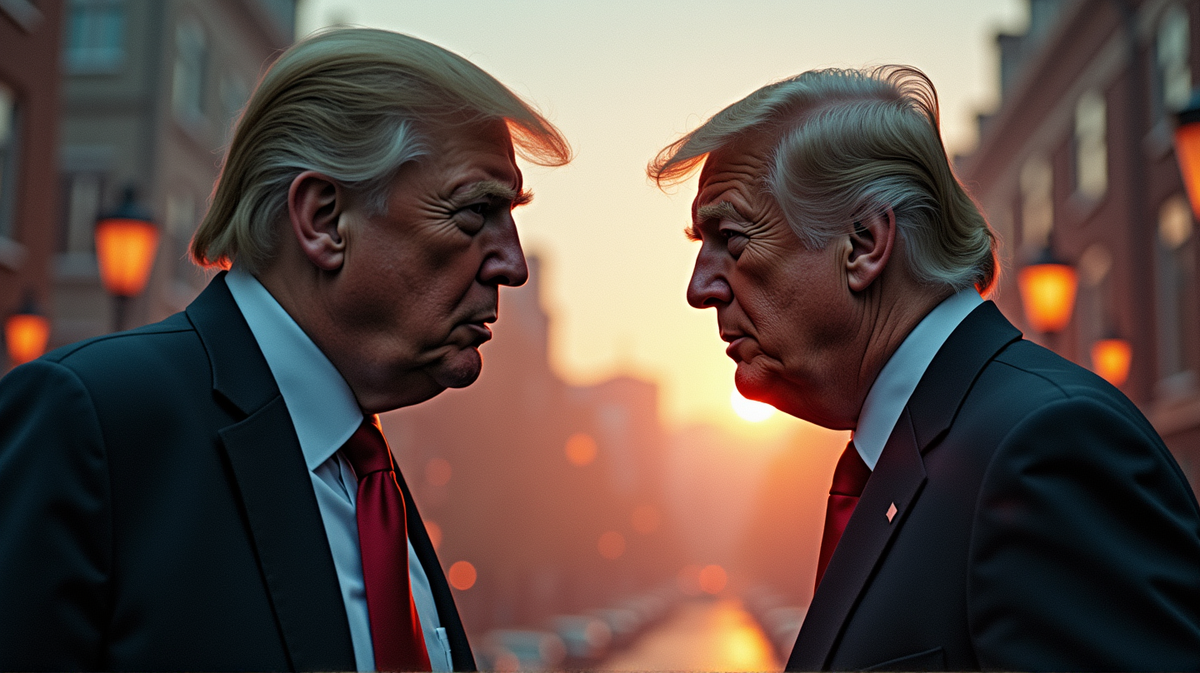Harvard's Endowment Faces Its Biggest Test Against Trump
Is Harvard University's immense wealth enough to withstand a confrontation with Trump's administration? Discover the stakes.

In the ever-evolving landscape of American politics and higher education, Harvard University finds itself at a potentially historic juncture. Alan Blinder, a national correspondent for The New York Times, and his team offer an in-depth examination of whether the world’s wealthiest university can sufficiently marshal its resources in what could become a battle of ideals and influence with former President Donald Trump.
An Uncommon Adversary
Harvard boasts an endowment that many governments can only dream of—a staggering financial foundation that supports its scientific research, medical advancements, and educational endeavors. But can money alone safeguard the institution when faced with political pressures of an extraordinary kind?
According to The New York Times, Alan Blinder elucidates that the very essence of Harvard’s operations, from groundbreaking research to medical innovations, might find itself under scrutiny and potentially under attack.
Fortifying Academic Freedom
Facing political challenges is nothing new for academic institutions, but the stakes have never been higher. The Trump administration’s policies, often seen as confrontational towards academic independence, pose a nuanced threat to the core principles on which universities like Harvard stand.
Blinder reports that Harvard’s administration remains vigilant, prepared to defend their bastion of learning against incursions that could undermine its autonomy and hinder its mission of fostering open inquiry.
The Battle Against Intimidation
Political relations have seen turbulent moments, yet this episode could set a precedent in the history of American academia. Harvard’s strategy might involve not only leveraging its endowment but also rallying public opinion and courting legal prowess to withstand any governmental overreach.
More Than Just Numbers
Harvard’s financial muscle is impressive, but as Blinder and his team indicate, its true strength lies in its community—the faculty, students, and alumni who espouse innovation and education over political clout. The upcoming months could define whether Harvard, with all its resources, can symbolize a stand for academic liberty in the face of adversity.
In these uncertain times, the question remains: Will Harvard’s financial and moral resources suffice in warding off political confrontation, or will this test reshape the landscape of higher education in unprecedented ways?





